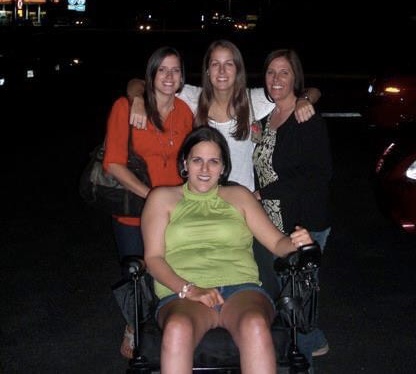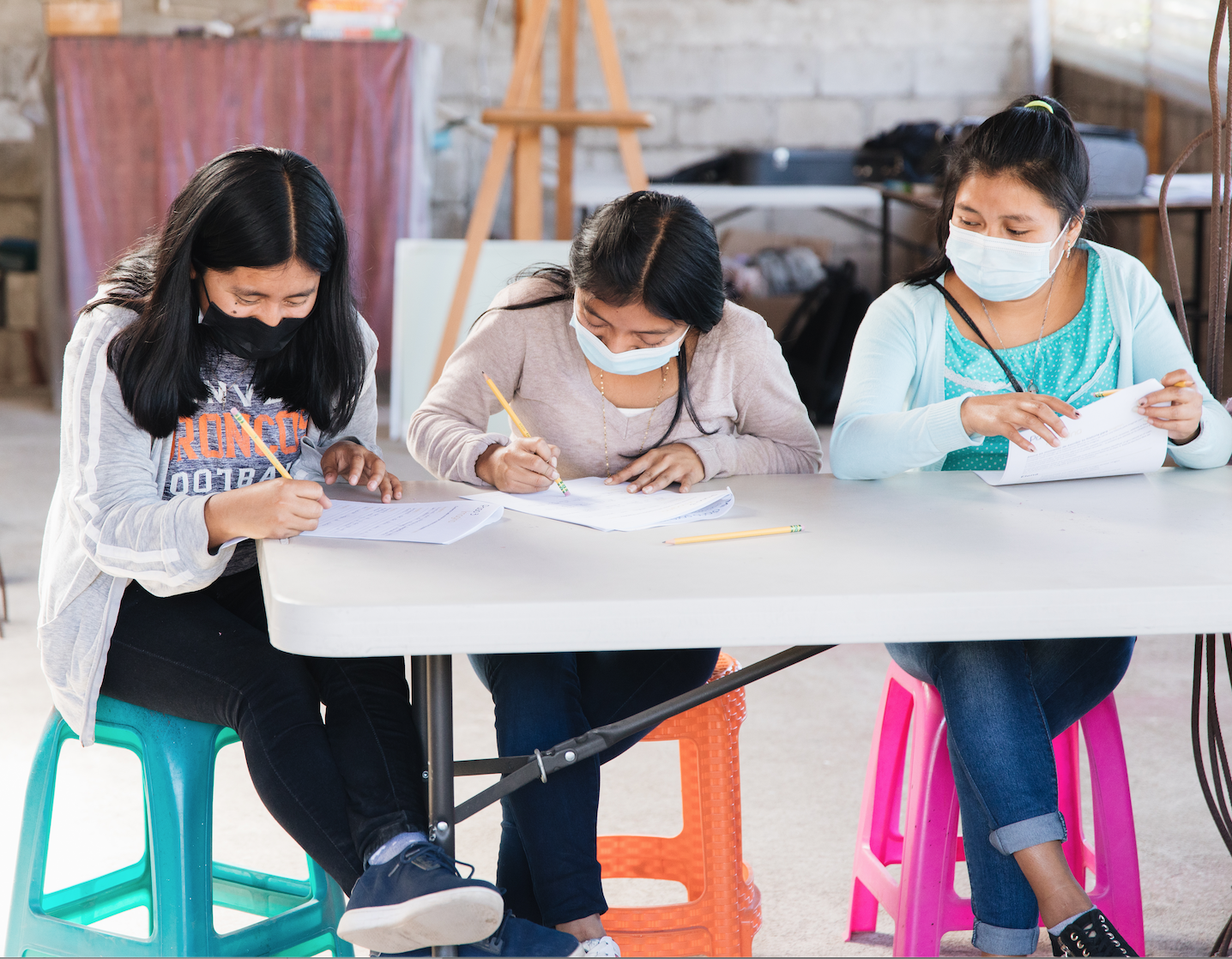
How Emotional Freedom Technique (EFT) Helps with Anxiety and Depression
In the hustle and bustle of modern life, it’s no surprise that many of us struggle with feelings of anxiety and depression. These emotional challenges

In the hustle and bustle of modern life, it’s no surprise that many of us struggle with feelings of anxiety and depression. These emotional challenges

Raising kids with special needs can be a labor of love sometimes. While the rewards are immense, it’s a task that taxes one mentally, physically,

Written by Tara Imperatore Each year, millions of Americans face the reality of living with a mental illness. May is a time to raise awareness of

Mental health means having emotional, psychological, and social well-being; when we think, act, and feel from a balanced perspective the majority of the time. Having



The Imagine Project, Inc. is a 501c3 organization, we appreciate your continued support helping ki

Join our community to get the latest tips, exclusive offers, and updates straight to your inbox. Don’t miss out—subscribe now and be the first to know!